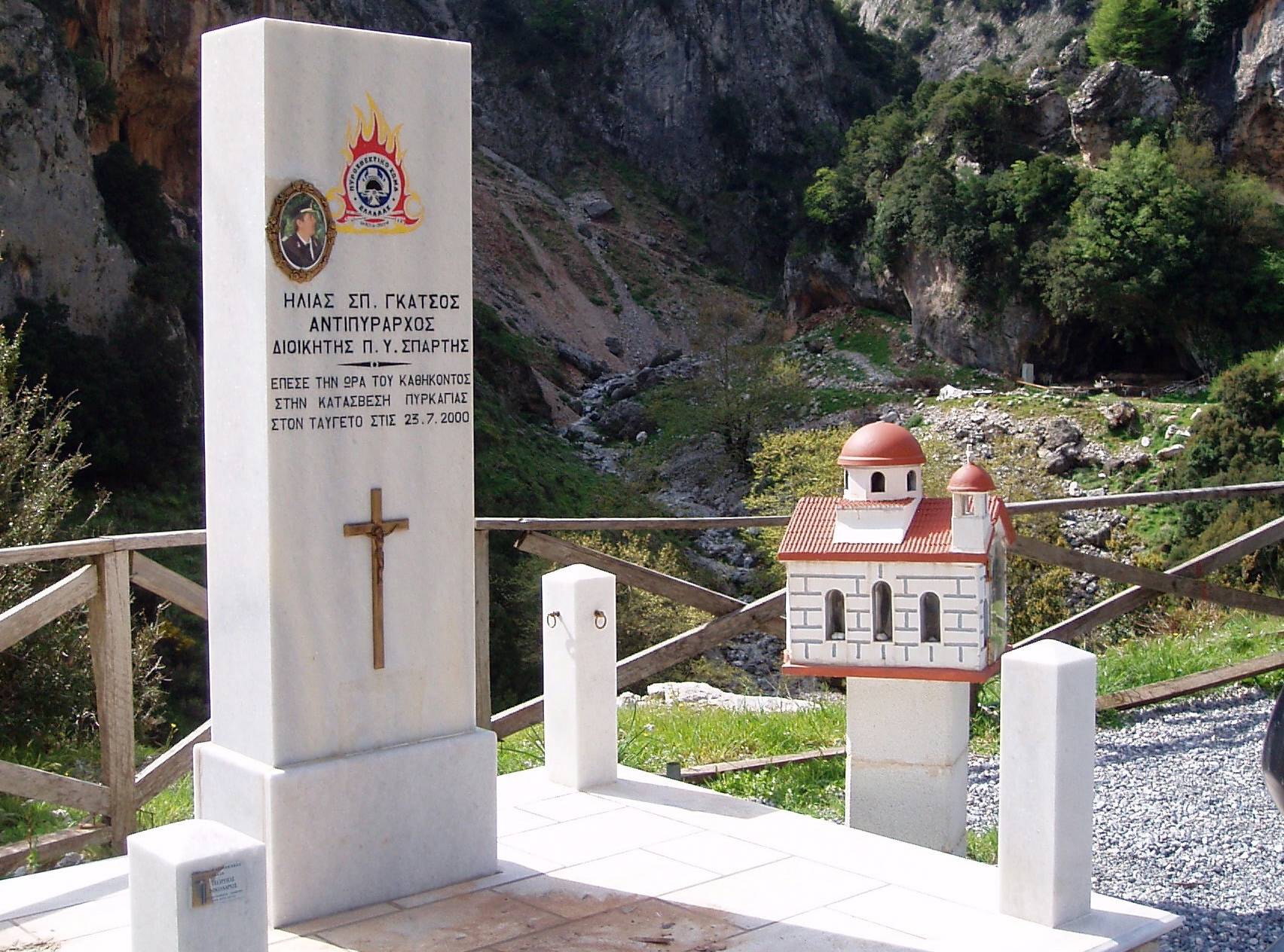death drives in the city: theatrocracy and memory in austerity times

Photo by Nadia Seremetakis. A little street memorial next to an official monument
A Lecture by Nadia Seremetakis
The story at hand is the spread of little street memorials for the dead in the Greek urbanscape during the current socio-economic crisis. What do little “flexible” graves do in the city of the living? Is the seepage of death from the cemeteries back into public thouroughfares a democratization of death? Or does it polysemically figure the death of democracy in an everyday life that now includes the museumification of the classical era and the attrition of democracy as the Greek Parliament falls under the control of the austerity autocrats in Brussels? The struggles between the inside and the outside, the private and the public in the ruined house of modernity can be witnessed in the streets of Athenian polis in the present.
The little grave assemblages, as a necrogeography on and of the street reveal the emergence of new forms of anamnesis, forms that are disjunctive with the formalized archaicization of memory promoted by the historical monument, the museum or the archaeological site. The erection of death memorials point to another form of citizenship that is not categorical, juridical or procedural, but performative: the citizenizing of both the dead and their bereaved survivors. Death acquires a theatrocratia and a citizenship in the sphere of the profane—a profane that carries with it the surplus of the sacred that is ghettoized in the official cities of the dead we call cemeteries.
Professor C. Nadia Seremetakis is a cultural anthropologist, author of several books written in two languages, English and Greek, including poetry, and of numerous articles some of which have been translated in other languages. Born in Athens and raised between the S. Peloponnese and Athens, she studied and taught in New York (including NYU- Performance Studies) where she lived for more than two decades. She is currently Professor of Cultural Anthropology at the University of the Peloponnese (School of Humanities and Cultural Studies), dividing her life between Europe and USA.
Best known in the States for her acclaimed books The Senses Still and The Last Word (both published by the University of Chicago Press), she has also been engaged in translating academic knowledge to public knowledge by designing and organizing public multimedia participatory events and symposia in both continents. She is the founder of the first program on Everyday Life and Culture in Greece and the director of a related series at Pedio Publishing, Athens.